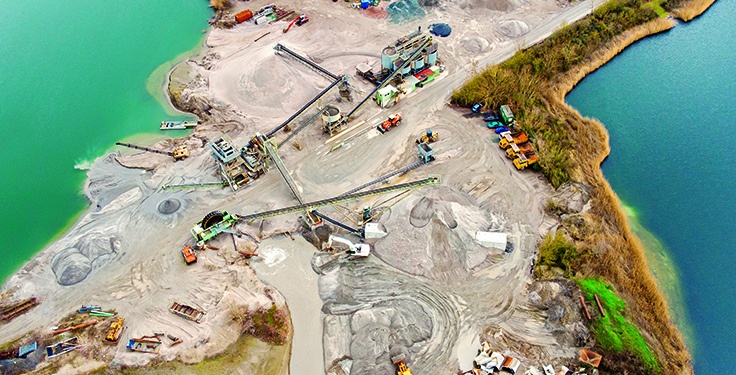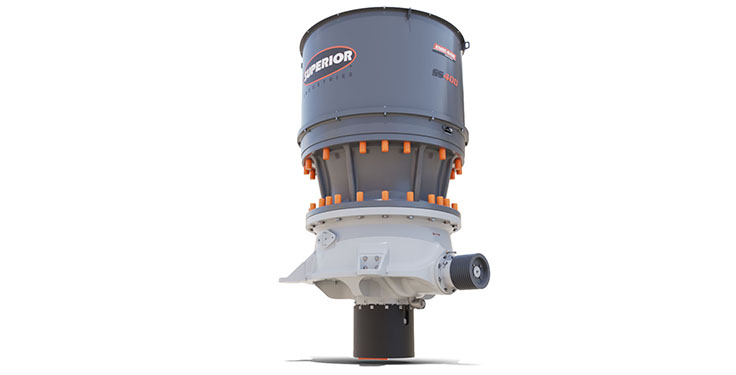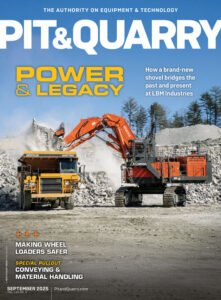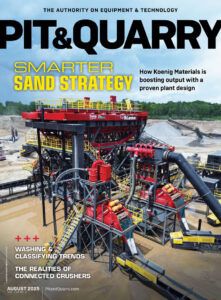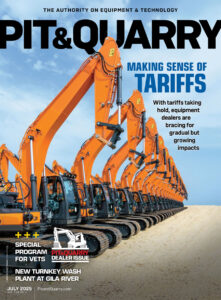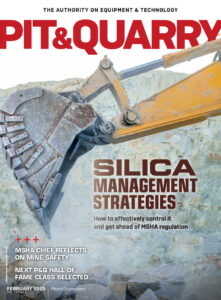
The Environmental Protection Agency (EPA) awarded nearly $160 million in grants that are aimed at reducing greenhouse gas emissions from the manufacturing of construction materials and products, with Heidelberg Materials North America and the National Stone, Sand & Gravel Association (NSSGA) among the 38 recipients.
EPA says the grants are part of the Inflation Reduction Act that was signed into law in August 2022.
According to Heidelberg Materials, the EPA selected it to receive up to $5 million in funding to create a web-based tool that can produce environmental product declarations (EPDs) for industry facilities. Heidelberg Materials says its grant is specifically geared toward facilities in aggregates, cement and ready-mixed concrete.
“With this funding, Heidelberg Materials can accelerate the push for more sustainable construction materials and transparency across the industry while also helping our customers make more informed decisions when choosing products with a lower carbon footprint,” says Chris Ward, president and CEO of Heidelberg Materials North America.
NSSGA’s grant, meanwhile, was awarded for a variety of purposes. With its grant, NSSGA intends to produce and release EPDs, establish guidelines on best management practices to reduce CO2 emissions, and enhance the industry’s capacity to sequester CO2.
“We look forward to working together to enhance the transparency and availability of environmental impact data within the aggregates industry,” says Michael Johnson, president and CEO of NSSGA.
Other construction materials-related organizations to receive EPA grants are Holcim US, the National Asphalt Pavement Association, the National Ready-Mixed Concrete Association and the Portland Cement Association.
EPA estimates that the construction materials used in buildings and other built infrastructure account for more than 15 percent of annual global greenhouse gas emissions.
“As America continues to build more and upgrade our nation’s infrastructure under President Biden’s leadership, cleaner construction materials like concrete and steel are increasingly essential for the nation’s prosperity,” says Janet McCabe, deputy administrator at EPA. “These historic investments will expand market access for a new generation of more climate-friendly construction materials and further grow American jobs that are paving the way to the clean energy economy.”
Related: Caterpillar debuts energy transition program for aggregates

